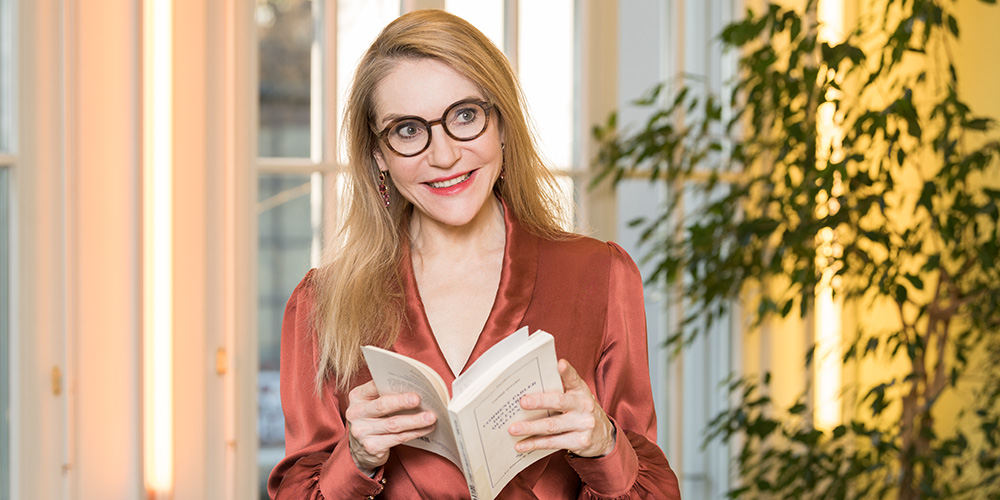On the potential of unread books.
Text: Dominique Brancher
My book: Literary scholar Dominique Brancher wonders what it means to read a book - or not.
In Japanese there is a beautiful, untranslatable word: tsundoku. It means to buy a book without reading it and to add it to the pile of other unread books. This is something I struggled with for a long time, until I came across Pierre Bayard’s book How to Talk About Books You Haven’t Read. This provocative work in praise of not reading seems to me to be based on a profound conception of reading.
As a four-year-old, I boasted of having read my first novel, but now I was asking myself what is meant by “to read a book,” which may seem self-evident but really is not. There are different categories of “unread” books: those that you do not know, those you have heard of, and those that you have read but then forgotten about again. And then there are those you have just flicked through.
But do you have to take in every comma to call yourself a reader? This is the sorites paradox: How many grains of sand are needed to constitute a heap of sand? The boundary between reading and not reading turns out to be fluid, especially as it is possible to be cultured even if you do not read. It is enough to know what position these untouched books occupy in both the collective library – that of the culture we inhabit – and our inner library – that founded on our own experiences and beliefs.
When the anthropologist Laura Bohannan introduced Hamlet to the Tiv people of west Africa, the response was indignation and an unexpected reading of the text. How is the ghost of Hamlet’s father able to walk? Is he a zombie? And why does Hamlet’s mother wait for two months before marrying the brother (and murderer) of her dead husband?
In short, a work exists primarily as a mental image that we capture in words with the aim of sharing it with others, regardless of whether we have read the text. If we do not read it, we may even be better equipped to talk about it in our own words. In the process, not only the unread work but the non-reader themselves is changed. This is neither an outrage nor a betrayal of oneself or of culture; rather, it opens up huge possibilities for reinvention. The reader risks becoming a plagiarist, whereas the non-reader risks becoming a writer.
I will leave you to draw your own conclusions about the way in which I have not read Bayard. As English writer Sydney Smith said, “I never read a book before reviewing it; it prejudices a man so.”
Dominique Brancher is Professor of General and Early French literature at the University of Basel. Her specialist area is the Renaissance. She believes in combining the study of languages and literature with an openness to historical and cultural anthropology. She is interested in the interplay between literature and other academic disciplines such as medicine, science and philosophy.
More articles in the current issue of UNI NOVA.

